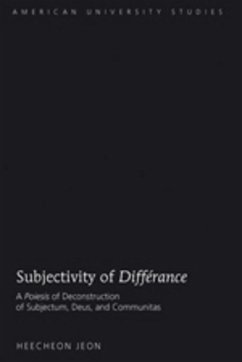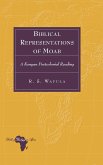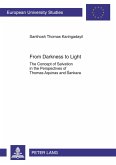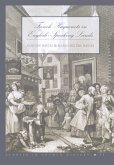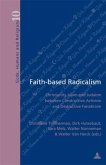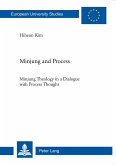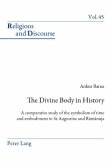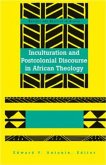In Subjectivity of 'Différance', Heecheon Jeon carefully explores the question of living well together in the midst of myriad differences and otherness in our living world. Living well together is not a concept void of naïve togetherness of various subjectivities, but rather the disclosure of the repressive subjectivity to welcome «strangers to ourselves» by sacrificing the very subjectivity. To this end, Jeon not only delves into the deconstruction of subjectivity, but also searches for poietic possibilities of subjectivity without the subject for living well together in Jacques Derrida, Martin Heidegger, Emmanuel Levinas, and Alain Badiou: ethical responsibility, political enunciation, cultural supplementarity, and theological imagination. Beyond the deconstructive critique of metaphysical subjectivity, the possibility of subjectivity without the subject must be investigated in terms of multifaceted aspects of our living together: subjectum, Deus, and communitas. Jeon insists that deconstruction radically commands us to say salut! to the Other at the brink of a democracy to come.
Bitte wählen Sie Ihr Anliegen aus.
Rechnungen
Retourenschein anfordern
Bestellstatus
Storno

